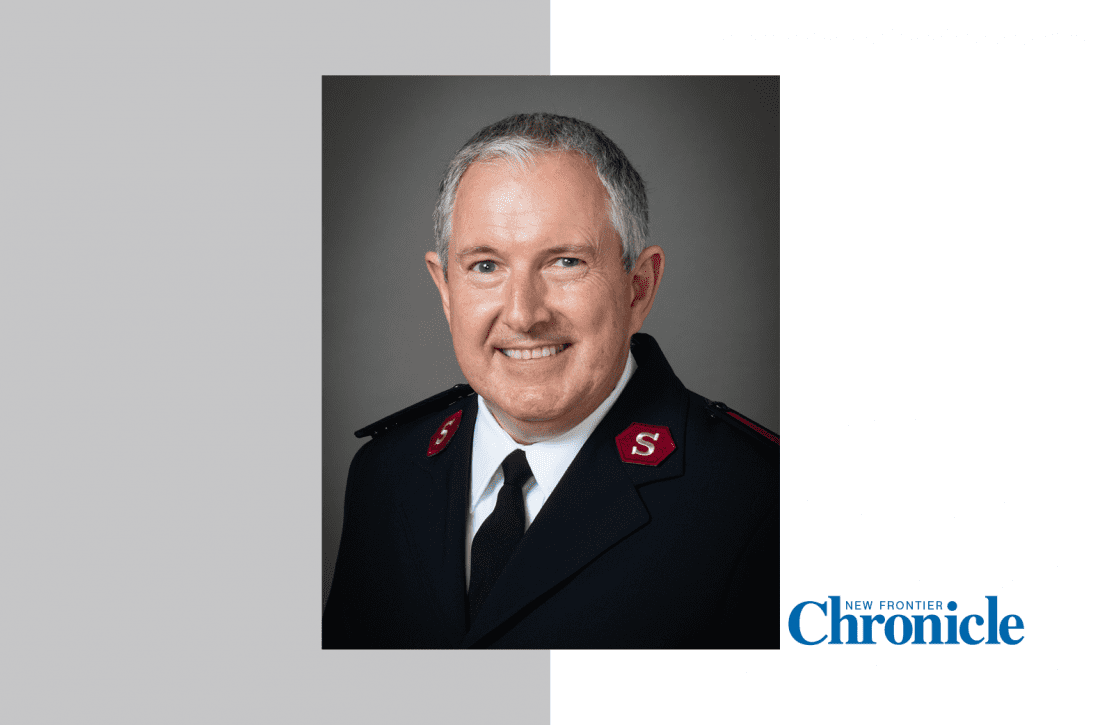Dr. Nigel Cross, Major–
People usually respond with “I’m fine” as a courtesy when asked how they are doing. But in recent days, responses have changed. There is hesitation and if one senses a “true” answer can be shared, they often express being numb, sometimes angry or unsettled. There is justification for these feelings with the uncertainty of the spreading pandemic, the loss of jobs, rising costs of commodities, lack of financial security and the growing awareness of the challenge to the value of life. Our country is divided by politics, rhetoric and actions with people in pain, needing solace and healing. We look to esteemed members of society, popular sports or movie personalities, politicians and our religious leaders for answers, with some being silent and others vocal. So, what do we say in response?
We are told in 1 Peter 3:15 to Always be ready to give a defense of the hope that is in you with gentleness and respect. To give hope! Similarly, in Acts 1:8 we find that believers are bestowed with power from the Holy Spirit to be Christ’s witnesses. Isn’t this to give hope too?
We all know where we find our hope. We find it in the saving grace of Jesus Christ, who died and rose again, providing us pardon, a relationship with God and hope for the future. But we live in the here and now when everything is uncertain. Black lives do matter. A vaccine needs to be found for the COVID-19 virus. Life needs to return to some sense of normalcy with people being employed and supply chains reestablished. We can deal with change and we can be united in our experiment of becoming a better union as a nation. But in the moment, we grieve for what is lost—the thousands who have died in the pandemic, our old way of life, civility and the value of all brothers and sisters.
We grieve and we are all in a different place. Thanks to Elisabeth Kubler Ross, we have a model of the grief process, with denial, anger, bargaining, depression and acceptance. Often this model is not linear, and it can be cyclic. Ultimately, it is a process with different stages that we can all identify with at different times. We may have denied the ramifications of the pandemic, we may be angry with sheltering in place, the loss of a job and injustice. We may be bargaining with a higher power within an institution or with God, and many may simply be depressed as too many things just pile up on us and we feel helpless and numb. We may feel we are not able to be in control of even the smallest of things in our lives including, “Where’s the toilet paper?”
In seminary we are told that one of the best gifts we can give to each other, a healing gift, is that of time and presence. To be with another person, to listen, empathize and ultimately find some peace and hope. As hurt people who grieve, realizing our hope is in Christ (yes, it is there) we can offer hope by coming alongside others to listen to their story and pain. To meet needs of food, water and shelter if possible, but predominantly to share our humanity through empathy, prayer and to invite Christ into the moment for peace and hope.
I have been numb, concerned, upset and angry. I still can be, especially seeing people hurting or being hurt! I can still love, listen, empathize, pray and rely on Christ. I can also act, move and do what I can to bring healing and hope where God has placed me. The cadets and officers at the College for Officer Training at Crestmont, including the Messengers of the Kingdom, are committed to share our lives, in Christ, to bring hope with gentleness and respect.











